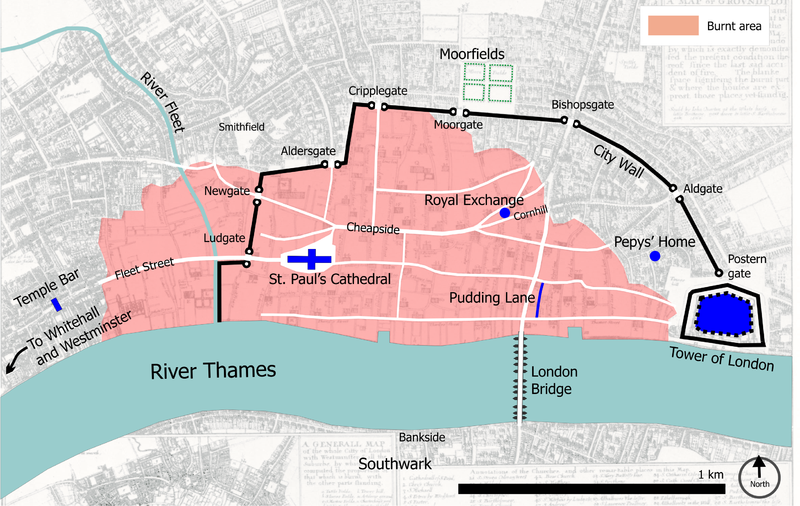 The Famous and the Dead by T. Jefferson Parker
The Famous and the Dead by T. Jefferson Parker
Here, in the sixth and final installment of the Charlie Hood series, Charlie literally wrestles with the devil himself, over the narcotraffickers on the USA-Mexican border, for the lives of his friends, and maybe even for his own soul as well. A very satisfying conclusion, although I'm actually a little spooked at the way he left it.***[spoiler below]
These books are desert noir, a lone hero walking the harsh sands beneath a merciless sun, Sam Spade among the cholla, and always with the hero's past somewhere rearing its malevolent head. Here it shows up up front, on page 36:
The past again, he thought. Barreling right in like it's welcome.
Raymond Chandler Himself would expire from sheer envy.
There is as always great craft, both undercover agent and writer's:
Hood ignored him. Let them come to you, he thought. This was a favorite rule of his old Blowdown boss, Sean Ozburn, a crack undercover agent, always cool and never made: Don't be eager. Ozburn had been the best of them unti mike Finnegan tore him to shreds--mentally, spiritually, and finally physically. Oz's lovely wife, too. All of that, without touching them.
There is so much going on in that paragraph I hardly know where to begin. It illustrates Hood's experience as an ATF agent. It lets you in on a little secret about working undercover. It sets up the villain, and it invokes the reader's sympathy for past (and passed) friends. That, folks, is not an expository lump. Later on:
To Hood, Dale Yorth was the combination of boyish adventurism and deadly adult mission that constituted law enforcement at most levels.
Ever see what cops call a trophy shot, with all the arresting officers grouped around big piles of marijuana bales or bags of cocaine? Reminds me of Holmes -- "Quick, Watson! The game's afoot!" If they didn't enjoy the chase, they wouldn't be in the game, and Jeff captures that here in one sentence.
There is, as always, some great social commentary:
Hood had always thought that, just for starters, ATF had it rough because most Americans liked alcohol, tobacco and firearms, and disliked regulation.
And then we come to Mike Finnegan, the Big Bad. He explains himself to Bradley, the struggle for whose soul has occupied much of the Charlie Hood series:
My partners have all been very, very successful. I try my best to get to them by age eleven, and I have rigorous standards. The single best prognosticator for success as a partnered human being is ambition. This is where everything begins. Second greatest? Appetites--indulged appetites. Third? Perfectionism. I look for monstrous, gigantic egos linked closely to a sense of entitlement and possessing a simple can-do attitude.
[Shudder.] Practical, isn't he? And prescient. And persuasive. And...political, if you want to look at it that way and I don't see how you can avoid it. Jeff has made me believe in the devil in the way no church has ever been able to.
One day, these novels will be read in history classes, in poly sci classes, and maybe in theological classes as well. Highly recommended.
Here comes the SPOILER:
***Although I guess one should never be entirely certain that the lock on the devil's door is unpickable. Myself, I think Bradley's right, he and Reyes and Charlie should dump Mike down Beatrice's mine shaft. Better yet, just back up a cement truck and unload it into the basement.
View all my reviews
# Permanent link to Charlie Hood jousts with the devil. And wins?







